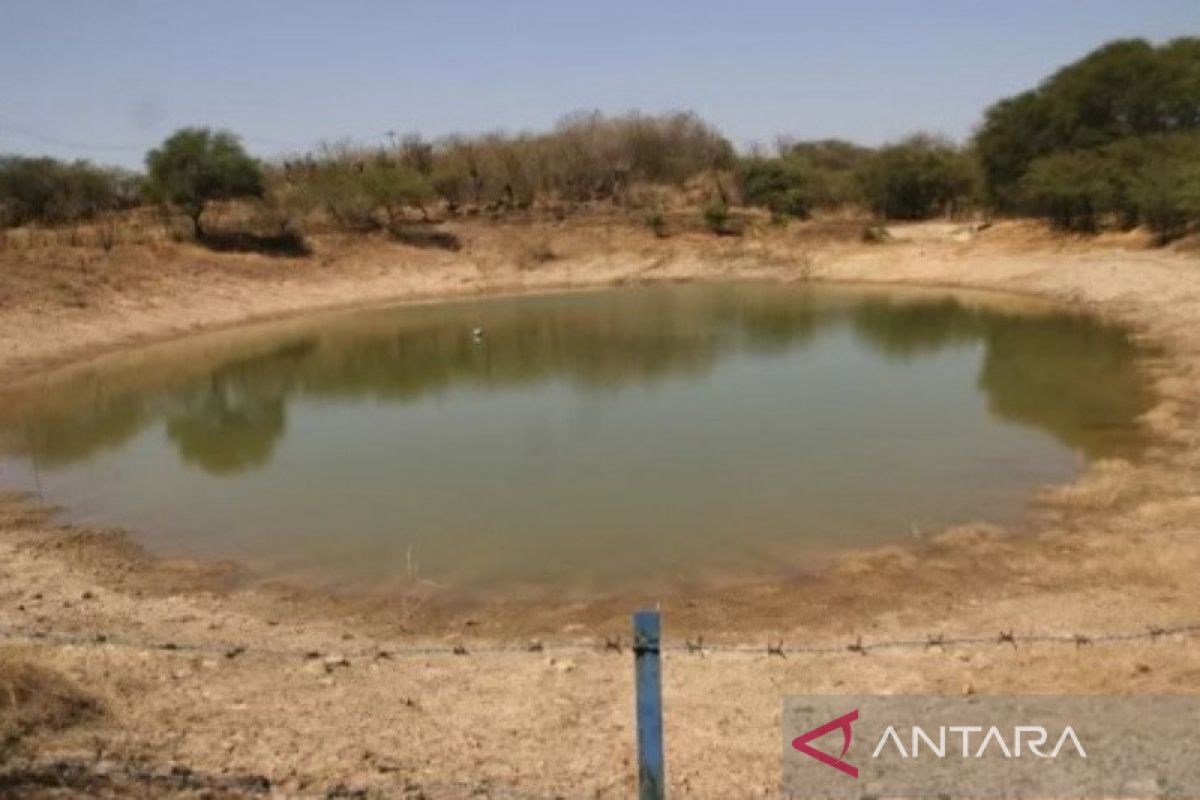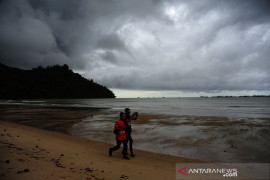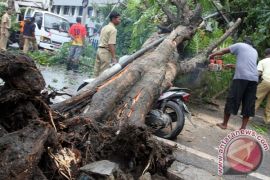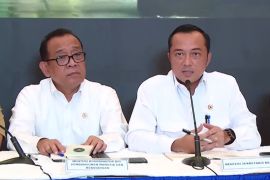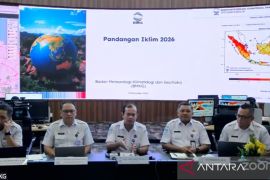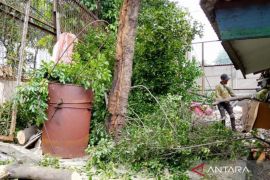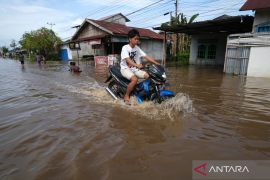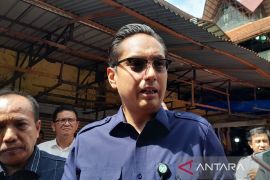How can we know? Because there are (scientific) data, observations, and analyses.Jakarta (ANTARA) - The Meteorology, Climatology, and Geophysics Agency (BMKG) is using science-based solutions as part of efforts to mitigate the impacts of drought in Indonesia, according to head of the agency, Dwikorita Karnawati.
"Dry season in this year (2023) will become drier than the one in the previous three years (2020–2022). How can we know? Because there are (scientific) data, observations, and analyses," she said at the Merdeka Barat 9 Forum discussion on water conservation on Monday.
According to the forecast of the BMKG, the dry season in Indonesia will last from June to September 2023.
Hence, the BMKG head said that her agency has cooperated with the Environment and Forestry Ministry to prepare a weather modification attempt.
The weather modification will be carried out from the end of February to May 2023 to increase rain intensity and fill up reservoirs and dams to prevent water scarcity when the dry season comes.
In addition, the BMKG has coordinated with the Public Works and Public Housing (PUPR) Ministry to build additional drilled wells to mitigate drought.
Karnawati informed that the implementation of science- and data-based analyses as well as the establishment of water infrastructure, as the solutions to mitigate drought, need to be carried out in a community-based manner.
The public must also be involved in disaster risk reduction management through community empowerment, for instance, by encouraging farmers to collect rainwater by building their own retention basins near their land, she said.
The attempt has been applied by farmers in Gunung Kidul district, Yogyakarta province, to water their land during the dry season, she pointed out.
According to PUPR Ministry spokesperson Endra Atmawidjaja, the government is currently continuing to build a number of dams to irrigate agricultural lands so that farmers can plant crops throughout the year.
"Before a dam is constructed, we can only plant rice and secondary crop once (a year), respectively. Currently (once a dam is built), we can at least plant rice twice and a secondary crop once (in a year), depending on the availability of water in the dam," he explained.
Related news: Need to optimize water resources to mitigate drought: BMKG
Related news: Ministry prepares to anticipate drought
Translator: Sugiharto Purnama, Uyu Liman
Editor: Rahmad Nasution
Copyright © ANTARA 2023
